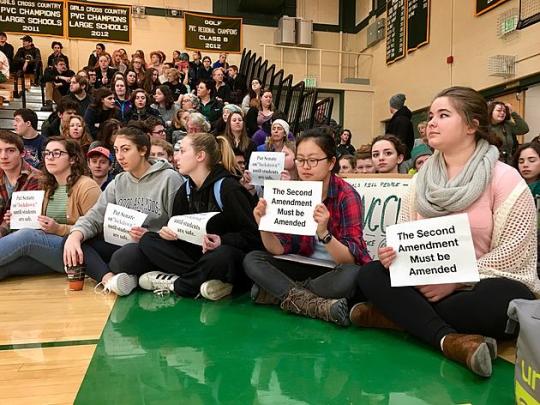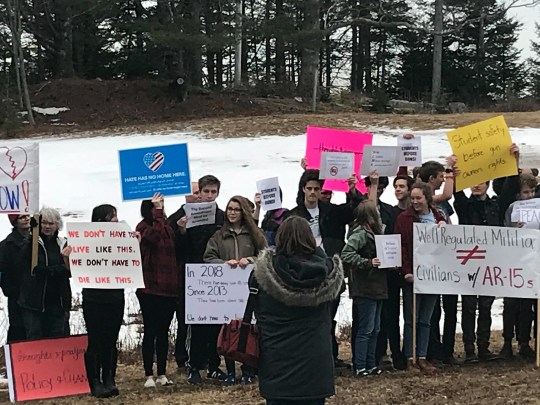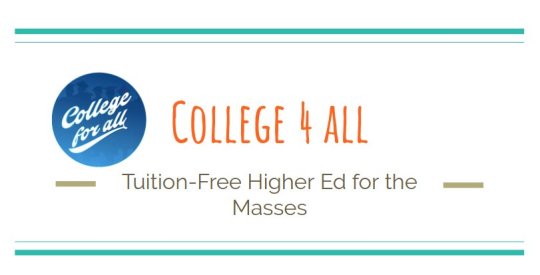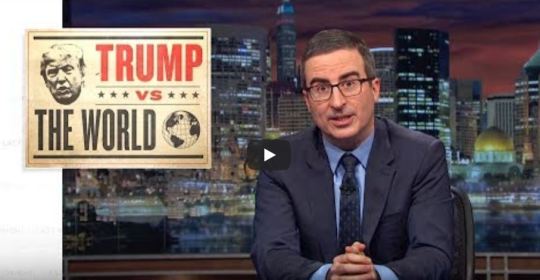Did Congress Really Expect Us to Whittle Our Own Personal Jailbreaking Tools?
In
1998, Congress passed the Digital Millennium Copyright Act (DMCA), and
profoundly changed the relationship of Americans to their property.Section 1201 of the DMCA bans the bypassing of “access controls” for
copyrighted works. Originally, this meant that even though you owned
your DVD player, and even though it was legal to bring DVDs home with
you from your European holidays, you weren’t allowed to change your DVD
player so that it would play those out-of-region DVDs. DVDs were
copyrighted works, the region-checking code was an access control, and
so even though you owned the DVD, and you owned the DVD player, and even
though you were allowed to watch the disc, you weren’t allowed to
modify your DVD player to play your DVD (which you were allowed to
watch).Experts were really worried about this: law professors, technologists
and security experts saw that soon we’d have software—that is,
copyrighted works—in all kinds of devices, from cars to printer
cartridges to voting machines to medical implants to thermostats. If
Congress banned tinkering with the software in the things you owned, it
would tempt companies to use that software to create “private laws” that
took away your rights to use your property in the way you saw fit. For
example, it’s legal to use third party ink in your HP printer, but once
HP changed its printers to reject third-party ink, they could argue that anything you did to change them back was a violation of the DMCA.Congress’s compromise was to order the Library of Congress and the
Copyright Office to hold hearings every three years, in which the public
would be allowed to complain about ways in which these locks got in the
way of their legitimate activities. Corporations weigh in about why
their business interests outweigh your freedom to use your property for
legitimate ends, and then the regulators deliberate and create some
temporary exemptions, giving the public back the right to use their
property in legal ways, even if the manufacturers of their property
don’t like it.If it sounds weird that you have to ask the Copyright Office for
permission to use your property, strap in, we’re just getting started.Here’s where it gets weird: DMCA 1201 allows the Copyright
Office to grant “use” exemptions, but not “tools” exemptions. That means
that if the Copyright Office likes your proposal, they can give you
permission to jailbreak your gadgets to make some use (say, install
third-party apps on your phone, or record clips from your DVDs to use in
film studies classes), but they can’t give anyone the right to give you the tool needed to make that use (law professor and EFF board member Pam Samuelson argues that the Copyright Office can go farther than this, at least some of the time, but the Copyright Office disagrees).Apparently, fans of DMCA 1201 believe that the process for getting permission to use your own stuff should go like this:
1. A corporation sells you a gadget that disallows some activity, or
they push a software update to a gadget you already own to take away a
feature it used to have;2. You and your lawyers wait up to three years, then you write to the Copyright Office explaining why you think this is unfair;
3. The corporation that made your gadget tells the Copyright Office that you’re a whiny baby who should just shut up and take it;
4. You write back to the Copyright Office to defend your use;
5. Months later, the Library of Congress gives you a limited permission to use your property (maybe);
And then…
6. You get a degree in computer science, and subject your gadget to
close scrutiny to find a flaw in the manufacturer’s programming;7. Without using code or technical information from anyone else
(including other owners of the same gadget) you figure out how to
exploit that flaw to let you use your device in the way the government
just said you could;8. Three years later, you do it again.
Now, in practice, that’s not how it works. In practice, people who
want to use their own property in ways that the Copyright Office
approves of just go digging around on offshore websites, looking for
software that lets them make that use. (For example, farmers download alternative software for their John Deere tractors
from websites they think might be maintained by Ukrainian hackers,
though no one is really sure). If that software bricks their device, or
steals their personal information, they have no remedy, no warranty, and
no one to sue for cheating them.That’s the best case.
But often, the Library of Congress makes it even harder to make the uses they’re approving. In 2015, they granted car owners permission to jailbreak their cars in order to repair them—but they didn’t give mechanics
the right to jailbreak the cars they were fixing. That ruling means
that you, personally, can fix your car, provided that 1) you know how to
fix a car; and 2) you can personally jailbreak the manufacturer’s car
firmware (in addition to abiding by the other snares in the final
exemption language).In other cases, the Copyright Office limits the term of the exemption
as well as the scope: in the 2015 ruling, the Copyright Office gave
security researchers the right to jailbreak systems to find out whether
they were secure enough to be trusted, but not industrial systems (whose
security is very important and certainly needs to be independently
verified by those systems’ owners!) and they also delayed the
exemption’s start for a full year, meaning that security researchers
would only get two years to do their jobs before they’d have to go back
to the Copyright Office and start all over again.This is absurd.
Congress crafted the exemptions process to create an escape valve on
the powerful tool it was giving to manufacturers with DMCA 1201. But
even computer scientists don’t hand-whittle their own software tools for
every activity: like everyone else, they rely on specialized toolsmiths
who make software and hardware that is tested, warranted, and
maintained by dedicated groups, companies and individuals. The idea that
every device in your home will have software that limits your use, and
you can only get those uses back by first begging an administrative
agency and then gnawing the necessary implement to make that use out of
the lumber of your personal computing environment is purely absurd.The Copyright Office is in the middle of a new rulemaking, and we’ve sent in requests for several important exemptions,
but we’re not kidding ourselves here: as important as it is to get the
US government to officially acknowledge that DMCA 1201 locks up
legitimate activities, and to protect end users, without the right to
avail yourself of tools, the exemptions don’t solve the whole problem.That’s why we’re suing the US government to invalidate DMCA 1201. DMCA 1201 wasn’t fit for purpose in 1998, and it has shown its age and contradictions more with each passing year.














